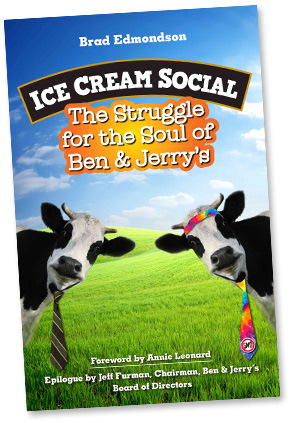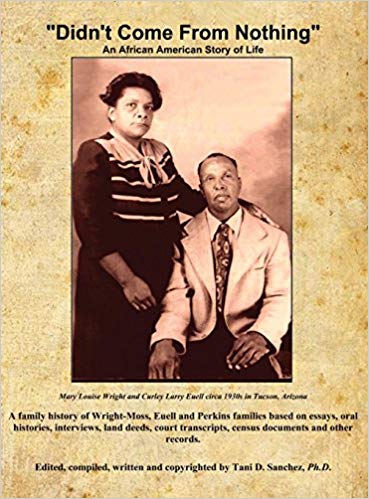We spend 30 Minutes with Pam Simon who has been working on a memoir about being a survivor of the January 8th shooting in Tucson which led her to be an activist for gun violence prevention. It is about finding her voice after a traumatic experience. Pam has been amazed by the Marjory Stoneman Douglas students who are putting their grief and anger into action.
Pamela Simon was a high school and middle school English teacher for many years before she went to work in the congressional office for her friend, Gabby Giffords. On January 8, 2011, while staffing the Congresswoman at a Congress on Your Corner event at a local grocery store, Pam was shot in the arm and the chest. Twelve others including the congresswoman were wounded and six people died on that day. After the shooting she worked for Mayor Bloomberg’s Mayors Against Illegal Guns for two years and now serves as a volunteer for Moms Demand Action and frequently speaks at a variety of events and forums. She is a part of the Everytown National Survivor Network which they refer to as “the club no one wants to be in” and she has met so many people that inspire her with their incredible resilience.
The interview includes a piece that was recently published in Evening Street Review and its text is below. Pam Simon points out that the ripple effects of gun violence are vast, not only for the family and friends of the victims, but for those that will live with physical and psychological damage. The survivor perspective is one that she wants to explore and lift up.
The Evidence
by Pamela Simon
My two gunshot wounds were probably made by a single bullet. The doctors couldn’t say for sure, but their theory was that I raised my forearm when I saw the gun, which slowed the bullet’s velocity as it headed downward. It missed my heart by an inch, bounced around between my ribs, and lodged in my hip. The plan was to let it lie there quietly, embedded, and eventually my bullet and I would meet the grave together. Then the wound became infected, making me nauseous and feverish. The doctors said it needed to come out.
I awoke from surgery to find Dr. Peter Rhee, who removed countless bits of shrapnel from soldiers in Iraq, standing at my bedside. He held the little slug up with tweezers. Groggy from the anesthesia, I said, “Can I keep it?” It was so tiny, snub-nosed.
“This will be going to the FBI,” he informed me. The bullet clinked into a glass.
Five months later, the skid marks across one breast and an entry point on the other have pretty much disappeared. The in-and-out wounds on my right wrist look like faint cigarette burns.
I twist my bare dripping body to get a clearer view in the steamy mirror. The incision was deep and had to be packed with gauze. It hurt like hell. Once the dressing was abandoned, the gash remained crimson for months. Now I can hardly see the wound. I run my hand down my waist and locate the slight ridge. It is all but gone.
I’m upset that the scars are fading. They help explain why I am so utterly, inexplicably tired, why I still forget details, appointments, things I should be able to handle. The sudden urge to crumple and sob has not left in all the months my skin has been knitting back together. My assumptive reality, that I could go to a grocery store on a Saturday morning in safety, has been turned upside down. I have missed many segments of movies and concerts as I planned escape routes from the theater. A popping balloon at a child’s birthday party causes my heart to lurch. If the scars are gone then I should be able to handle everything.
I feel like calling them back.
I drop the towel and step away from the bathroom mirror. It is a workday and I need to get moving. I value each minute nowadays. But the value added to those minutes is also a burden. Like Great-grandmother’s china dishes, my remaining time has become too precious to be enjoyed and used. Always, a question beats in the back of my mind like a steady drum: I got to live, so what is expected of me?
“God must have more work for you to do,” friends and acquaintances say in an attempt to comfort. My unspoken retort is, God didn’t think I was working hard enough?
What exactly did God extend my life for? To build an orphanage, restore peace in the Middle East, clean off the top of my desk?
Is that the bargain?
I pull on my underwear, skirt, and blouse. My clothing covers the fading scars, and a smile hides my injured spirit. I am just carrying on. Trying to act like I did before, but I can’t find that person.
Pamela Simon can be reached at [email protected].
Recorded and produced by Amanda Shauger.

Author and independent journalist Brad Edmondson was in Tucson for the 2015 Tucson Festival of Books to discuss his book Ice Cream Social: The...

Redistricting is something we do every 10 years, based on the Census. In many states, the state legislature determines the district lines for both...

Today on 30 Minutes we’ll hear remarks made at the 2018 Tucson Festival of Books at the Nuestras Raices stage, which was curated by...